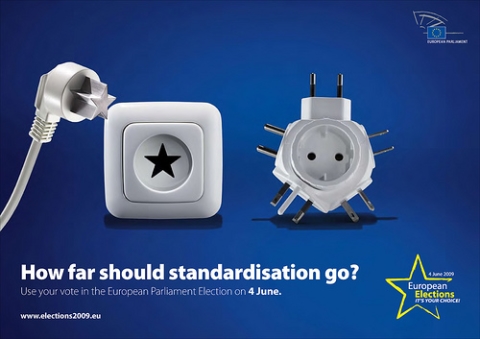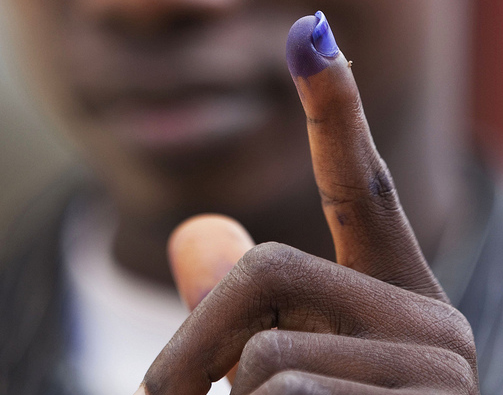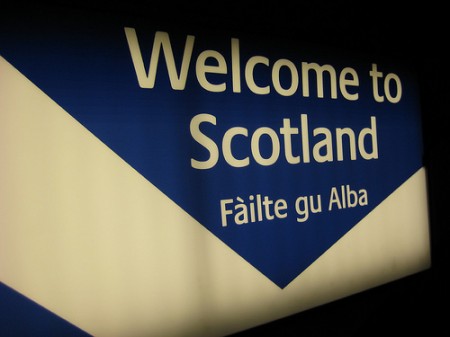
The worldwide economic and financial crisis and the subsequent European sovereign debt crisis have shaken the European Union to its foundations. There has always been widespread criticism of the EU’s democratic legitimacy in the broad public and the media, but the discussion is even more salient today. To many – especially the UK tabloids – the EU is an inefficient bureaucratic monster, run by elitist eurocrats who act completely detached from European citizens. The EU takes these accusations seriously and responds with various “myths and facts” collections, where common misconceptions of the EU are corrected (see this example of the EC’s response to budget “myths”). However, it is worthwhile mentioning that some 56% percent of EU citizens are satisfied with “the way democracy works in the European Union” (see Eurobarometer chart below), which is a respectable result, even in comparison to national figures.
So what is it with democracy and the EU? There is of course no simple answer and a lively scholarly discussion is underway about democracy in the European Union, or the lack thereof.




